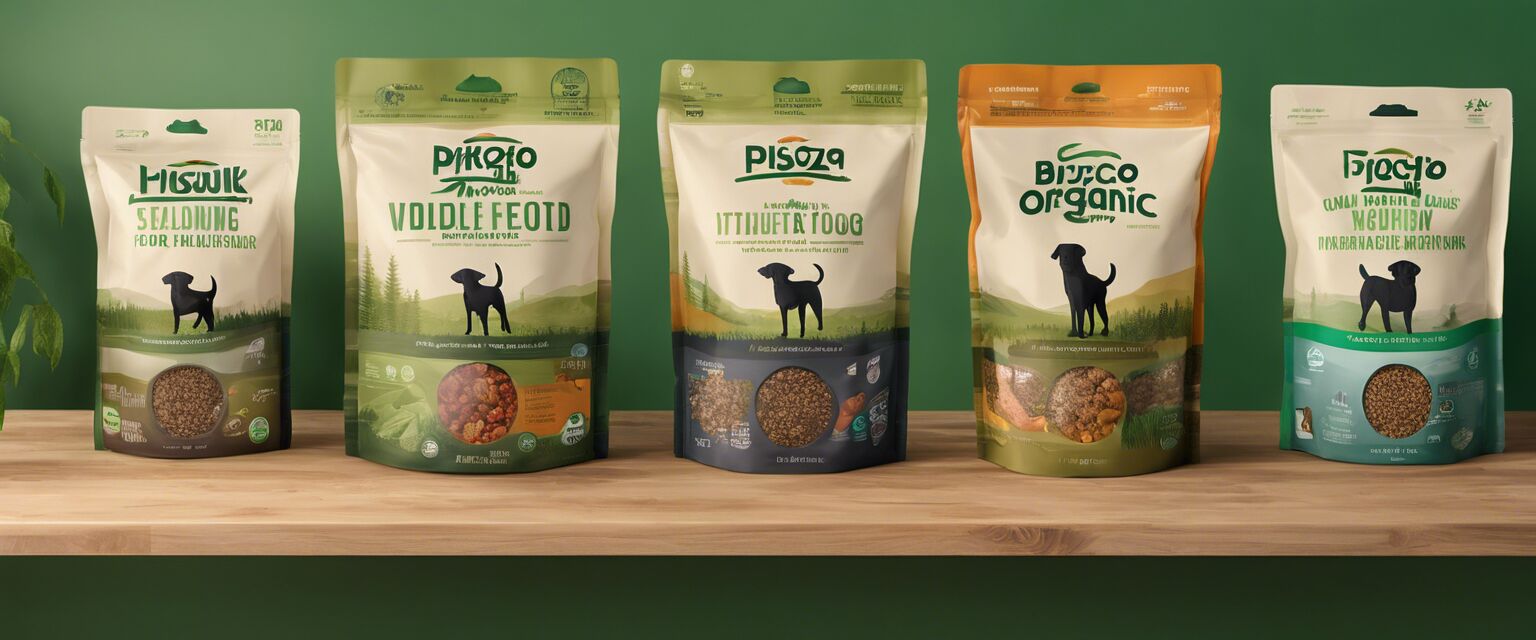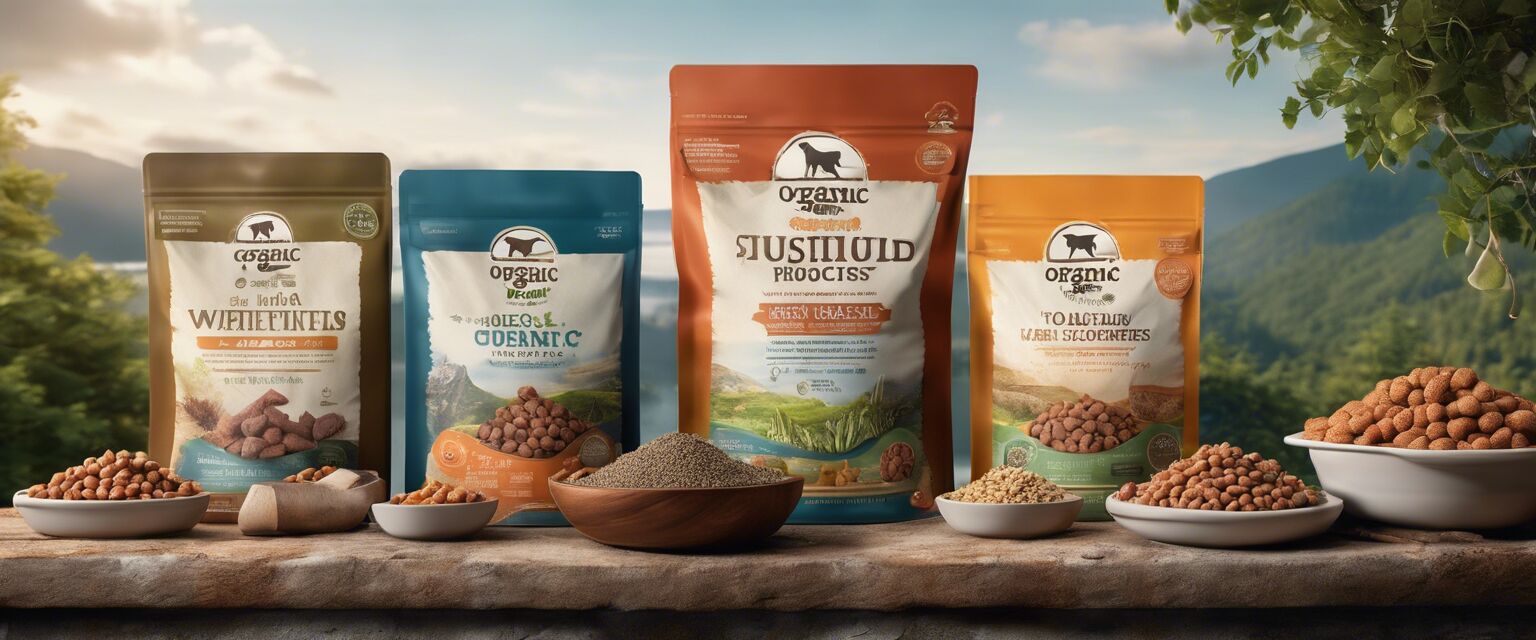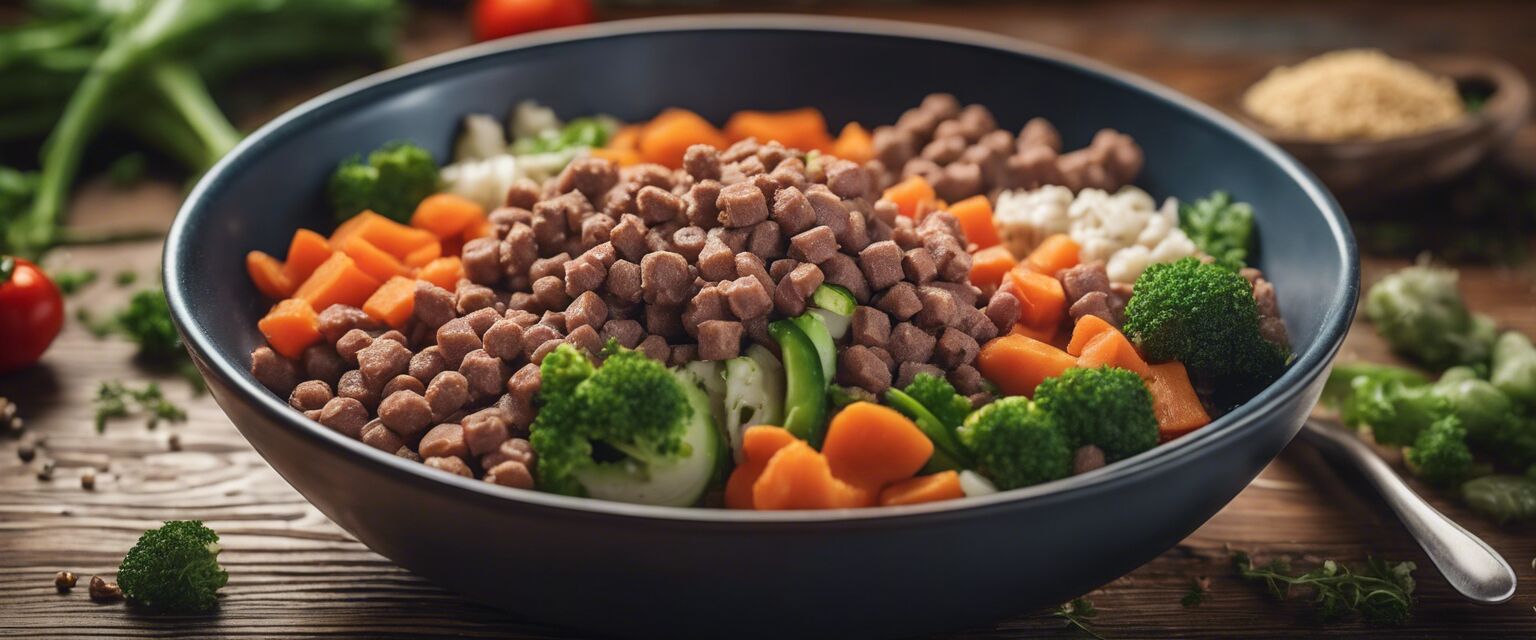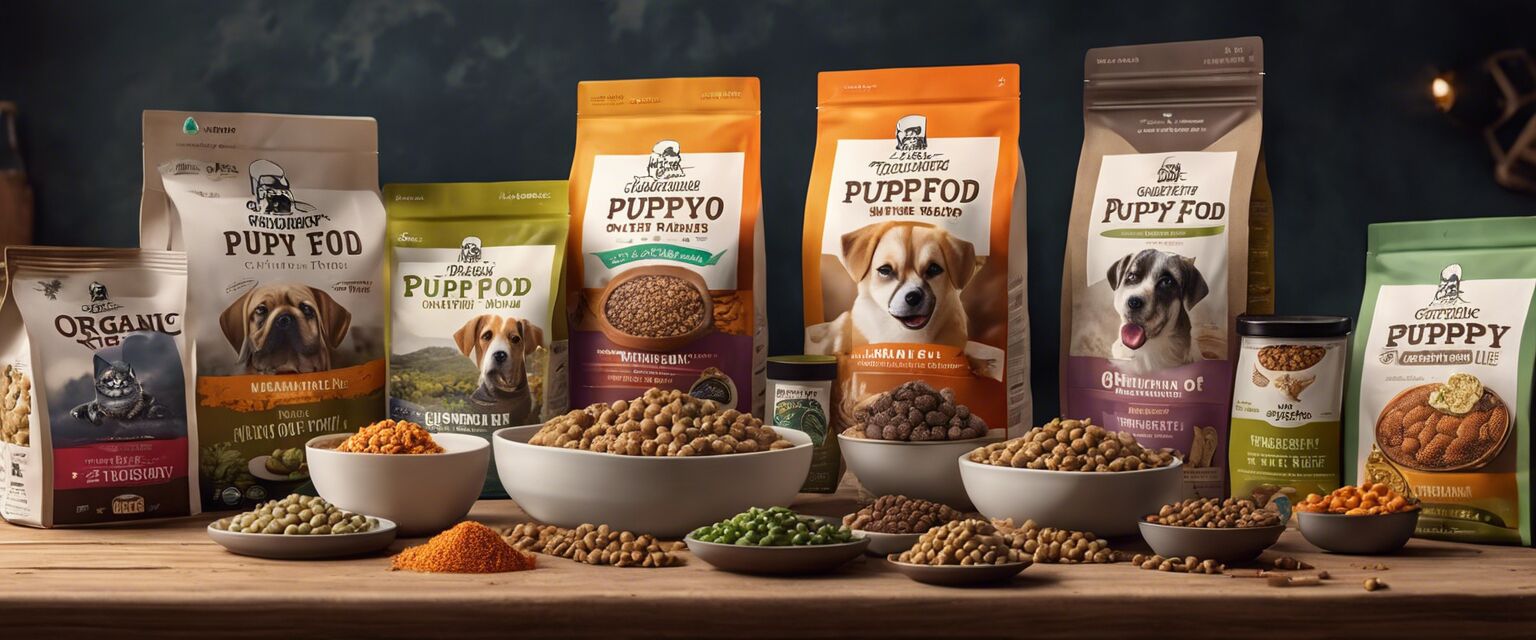
Best Organic Dog Food
Key Takeaways
- Organic dog food is made from natural ingredients without synthetic additives.
- Choosing the right organic dog food can significantly affect your dog's health and well-being.
- Consider your dog's specific dietary needs, including age, size, and any allergies.
- Always check the ingredient list and certifications to ensure the product is genuinely organic.
When it comes to your furry friend, nothing but the best will do. Organic dog food is gaining popularity among pet owners who want to ensure their dogs enjoy a diet free from harmful chemicals and additives. In this comprehensive guide, we'll explore the best organic dog food brands, highlighting their nutritional value, ingredients, and what makes them stand out. Whether you have a puppy, a senior dog, or a grain-sensitive canine, we have you covered.
What is organic dog food?
Organic dog food is made from ingredients that are grown and processed without the use of synthetic fertilizers, pesticides, or artificial additives. This type of dog food is designed to provide your pet with a wholesome and nutritious diet while also being environmentally friendly. By choosing organic, you are opting for quality and sustainability.
Benefits of organic dog food
- Nutritional value: Organic dog food typically contains higher quality ingredients that provide essential nutrients for your dog.
- Better digestion: Many dogs experience improved digestion with organic foods due to the absence of fillers and artificial ingredients.
- Healthier skin and coat: The natural ingredients found in organic dog food can lead to healthier skin and a shinier coat.
- Allergy management: Organic dog foods often have limited ingredient options, making it easier for pet owners to find suitable diets for dogs with allergies.
Popular organic dog food brands
Here's a comparison of some of the most reputable organic dog food brands available:
| Brand | Type | Key Ingredients | Special Features |
|---|---|---|---|
| Brand A | Dry Dog Food | Organic chicken, brown rice, carrots | Grain-free option available |
| Brand B | Wet Dog Food | Organic beef, peas, sweet potatoes | High protein content |
| Brand C | Puppy Food | Organic lamb, quinoa, spinach | Formulated for growing puppies |
| Brand D | Senior Dog Food | Organic turkey, barley, blueberries | Joint support ingredients |
| Brand E | Grain-Free Dog Food | Organic salmon, chickpeas, kale | Wild caught fish |
Choosing the right organic dog food
Selecting the best organic dog food can be a daunting task, but here are some tips to help you make an informed decision:
Beginner's Tips
- Consult with your veterinarian to understand your dog's specific dietary needs.
- Read ingredient labels carefully to ensure the food is genuinely organic.
- Start with a gradual transition to new food to avoid digestive issues.
- Look for brands that are certified organic by credible organizations.
- Consider your dog's age, weight, and activity level when selecting food.
Understanding labels and certifications
When shopping for organic dog food, itâs essential to understand the labels and certifications. Look for products that are labeled as "100% organic" or "organic," as these terms indicate that the ingredients meet strict organic standards. Additionally, certifications from organizations like the USDA can provide peace of mind regarding the quality of the food.
Common questions about organic dog food
Is organic dog food better for my dog?
While organic dog food can offer higher quality ingredients and fewer additives, itâs essential to evaluate your dog's specific needs. Some dogs thrive on organic diets, while others may require specialized nutrition that is not necessarily organic.
Can I mix organic and non-organic dog food?
Mixing organic and non-organic dog food is possible, but itâs crucial to do so gradually and carefully monitor your dog's response. A sudden change in diet can lead to digestive upset.
How can I tell if my dog is thriving on organic food?
Monitoring your dogâs energy levels, coat condition, and overall health can help you determine if they are thriving on organic food. Regular vet check-ups can also provide insights into their health.
Conclusion
Choosing the best organic dog food for your furry friend can significantly impact their health and well-being. By understanding the benefits, knowing what to look for, and considering your dog's specific needs, you can make an informed decision that contributes to a happy and healthy life for your pet.
Pros
- High-quality ingredients
- No artificial additives
- Better for the environment
- Potentially improved health for dogs
Cons
- Higher cost compared to conventional dog food
- Not all brands are truly organic
- Limited availability in some areas
Related Articles
For more information on dog nutrition, check out our other articles:
- Dry Dog Food Reviews
- Grain-Free Dog Food Options
- Best Puppy Food Choices
- Raw Dog Food Insights
- Senior Dog Food Recommendations
Additional Resources
To further enrich your understanding, here are some resources that can help you delve deeper into organic dog food:
Final thoughts
Investing in organic dog food is an investment in your pet's health. By taking the time to understand your options and making informed decisions, you can provide your dog with a nourishing diet that supports their overall well-being.









